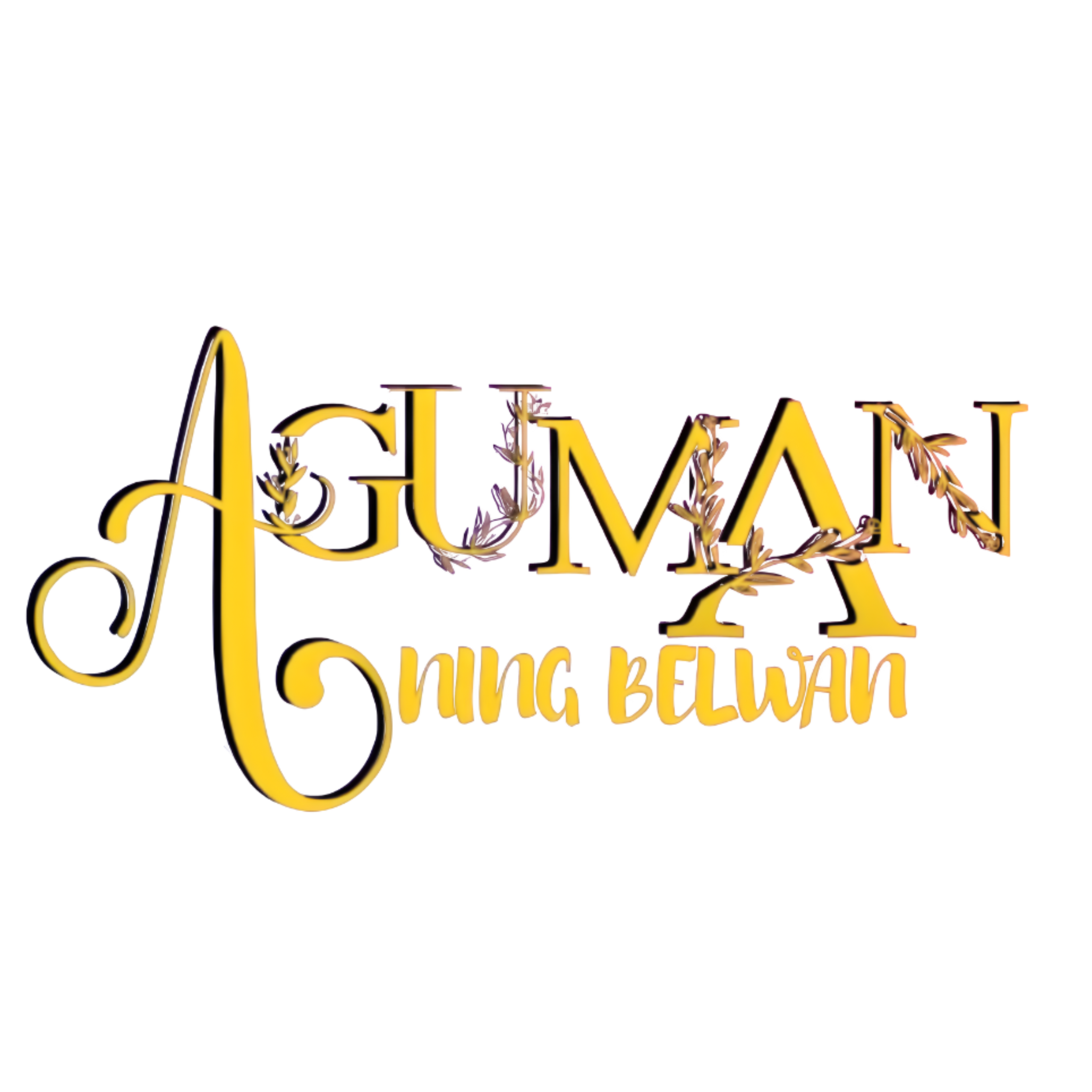ㅤㅤㅤㅤㅤㅤㅤㅤㅤㅤㅤㅤㅤㅤㅤㅤㅤAbout the Conference

"Aguman" is a Kapampangan word that means “fellowship”, “association”, “club” or “society” - a term used by a group of friends during their get-together. Dr. Robert V. Marcos, the Director of the Office of University Research Development, thinking of making TSU Research conferences more local and with a sense of belongingness, added the word “Belwan” which is also a Kapampangan word that means “know something” or “inquiry”. These terms were then combined which became “Aguman ning Belwan” or “Society of Knowledge.”
Aguman Ning Belwan, a collective term for the TSU Research Conferences, serves as an avenue for researchers from around the globe to gather and collaborate, forming an atmosphere that values different viewpoints and incorporates contributions from various disciplines. It strives to utilize humanity’s collective intelligence to address challenges, develop a more equal and resilient society, promote innovation, and improve sustainable growth—creating a society of knowledge.
Aguman Ning Belwan started in 2022 and was organized by the Tarlac State University, Office of University Research and Development. The team successfully facilitated its first National Conference in December 2022, its first International Conference in April 2024, and its second National Conference in December 2024.
This year’s Aguman ning Belwan: 2nd International Multidisciplinary Research Conference is themed “Catalyzing Research and Extension Collaboration and Frontiers: Shaping the Future through Discovery.” This conference aims to (1) to provide an avenue for further exploration and development of research outputs; (2) to provide a forum for the productive exchange of ideas and sharing of experiences among academicians, practitioners, and stakeholders; (3) to provide opportunities for researchers to disseminate relevant research in a wide range of discipline within the country; and, (4) to enable participants to establish networks and mutually beneficial partnerships with professionals from other HEIs and the stakeholders across national and international borders. Moreover, the national conference this year is designed to achieve phase two of the previous conferences.
The world is constantly evolving, and the need to translate research concepts and findings into real-world solutions and policies has grown and become more important in the fields of academia and scientific research. Today’s research output not only needs to be presented and published since scholarly output metrics such as publications and citations are no longer the only ways by which the term ‘impact” in research is measured. The fact that today’s governments, funding organizations, communities and people call for a more comprehensive grasp of research’s value, relevance and meaningful influence in society, proves that research finds its fulfillment when it is felt and utilized by stakeholders and beneficiaries.